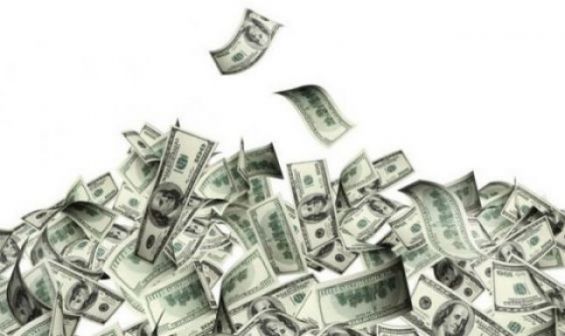Following a small brand, a local business or an influencer can lead to winning a car, a brand new phone, a diamond necklace or even cash. All of these prizes are introduced as giveaways on social media platforms. However, some of them are questionable. During the lockdown and the current health crisis, many brands and influencers have adopted this marketing technique.
Starting as small contests that award symbolic gifts and do not require any legal intervention, some of these giveaways have turned into ways of generating income, while bypassing the tax services. Influencer marketing specialist Mohamed Elghazaoui told Yabiladi that the current crisis, the lockdown and social distancing measures have enhanced the phenomenon on social networks.
The false promises of giveaways
Indeed, the practice has been widely present recently, among influencers based in Dubai. «In Morocco, giveaways on social media have multiplied as advertising revenues have decreased», he said.
c'est très difficile car ça dépend de la popularité organique du compte. Si un influenceur recommande votre chaine YouTube ou votre compte IG, l’impact sur les abonnés sur immédiat.
— Mohamed Elghazaoui from ? (@mohamedghz) May 31, 2020
Going into details, Elghazaoui explained : «If I am, for example, a small trader, I go to a bigger influencer, whom I would pay to have an impact on my followers. The influencer then creates a giveaway account mentioning my business or brand. The influencer would ask his or her community to subscribe to the accounts followed by the giveaway account in order to win an Iphone11, diamond necklaces, cars or cash».
Hence, these giveaways become an informal way of moving large sums of money. «We do not know the origin of these gifts, but some influencers who have used these practices have pocketed on average 120,000 to 150,000 DH per week, in full containment», said Mohamed Elghazaoui. Moreover, the gifts presented only reflect «5 to 10% of the input of influencers through a giveaway operation».
However, «when there is a prize, the Moroccan laws regulating the contests insist on the obligatory presence of a notary or a bailiff», said the specialist. In other words, Mohamed Elghazouai stresses that this «also violates the rules of use of Facebook and Instagram, which explains why giveaway accounts are often selected as spam and irrevocably punished».
Moreover, fraud beyond the tax aspect or the rules of the platforms, also affects advertisers, becoming «victims who paid to have spinoffs in followers with no return on investment».
A hidden circuit that deserves regulation
For Mohamed Elghazaoui, this situation «is mainly marked by the lack of traceability of money and requires intervention by the Moroccan financial authorities».
«This scam has been going on for three months now: several people were declared winners but never received anything, in addition to others who paid to participate in these contests but were blocked upon receipt of the money in question…»
«As a marketer, I have known of these practices since the emergence of social media, but these are bad practices for brands, because they bring followers who do not actually exist», he said, also calling the authorities to «regulate influencer marketing» which is still opaque.
«There are agencies that are aware of it, but others take advantage of it», deplores the specialist. «Before the containment, the Office des Changes (Monetary authorities) sent letters of injunction to a few influencers to regularize their situation with the tax services, but the ball is in the court of the marketers themselves», he concludes.





 chargement...
chargement...













